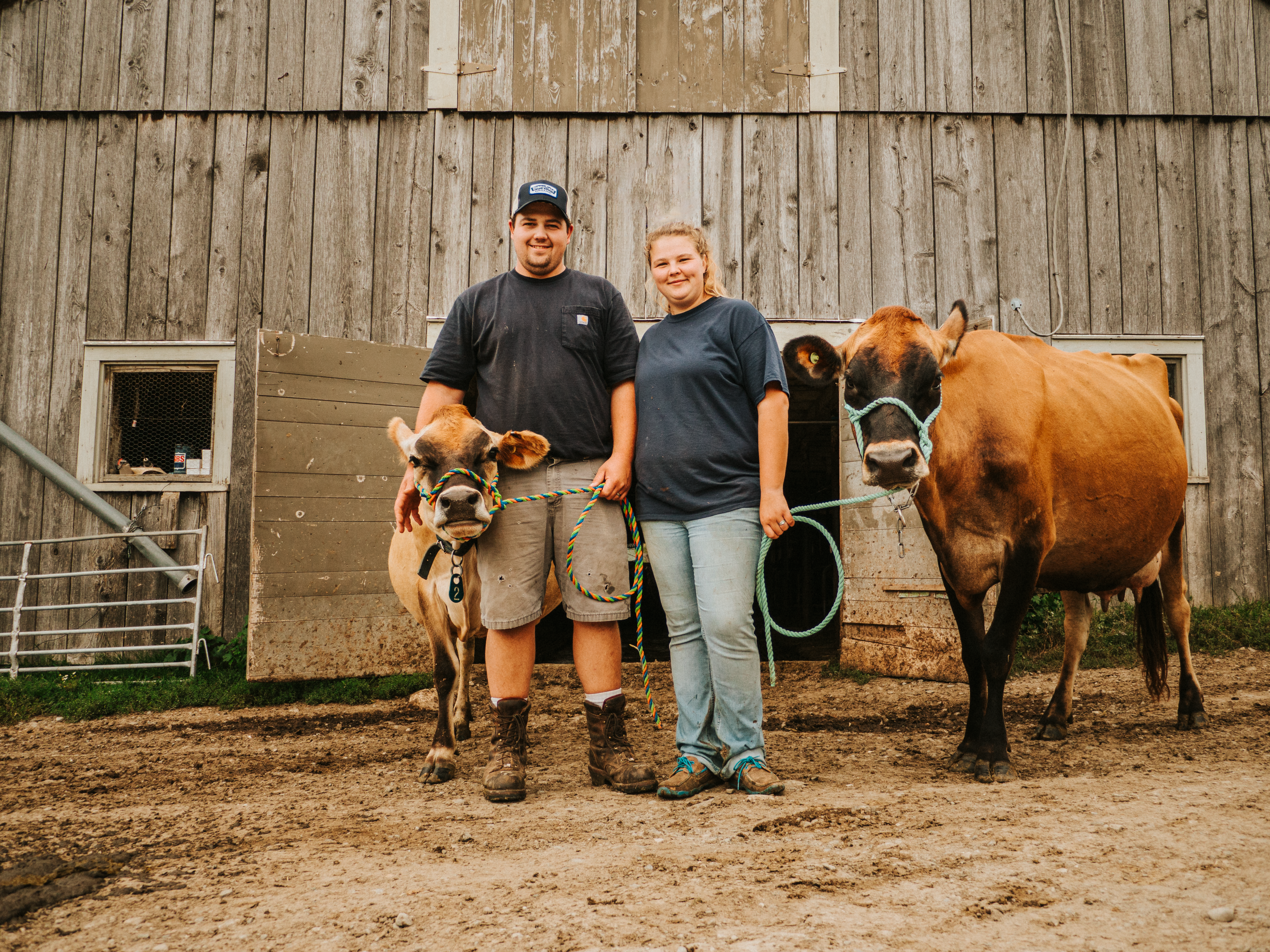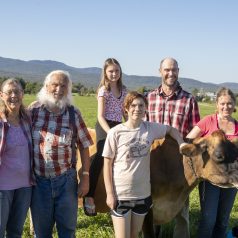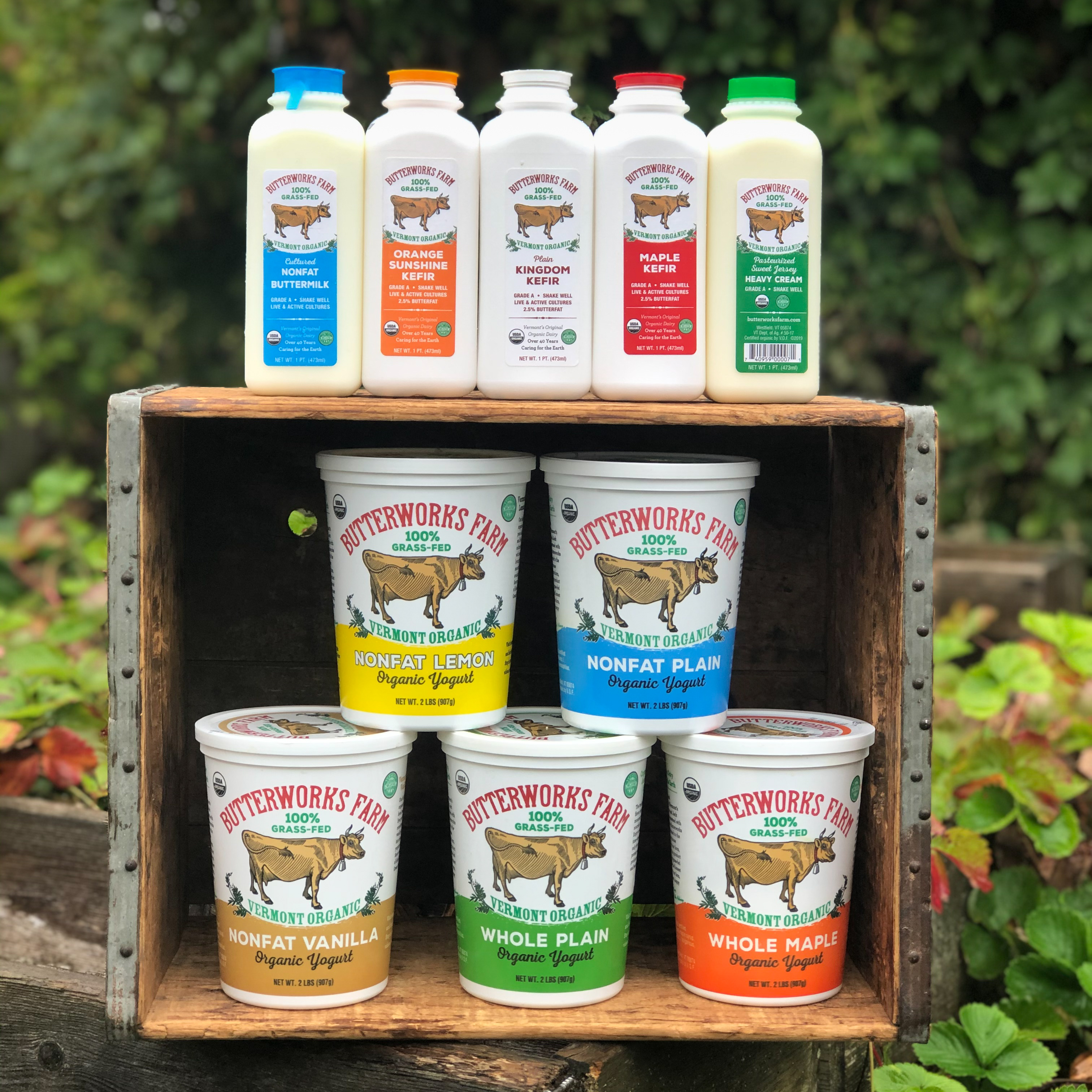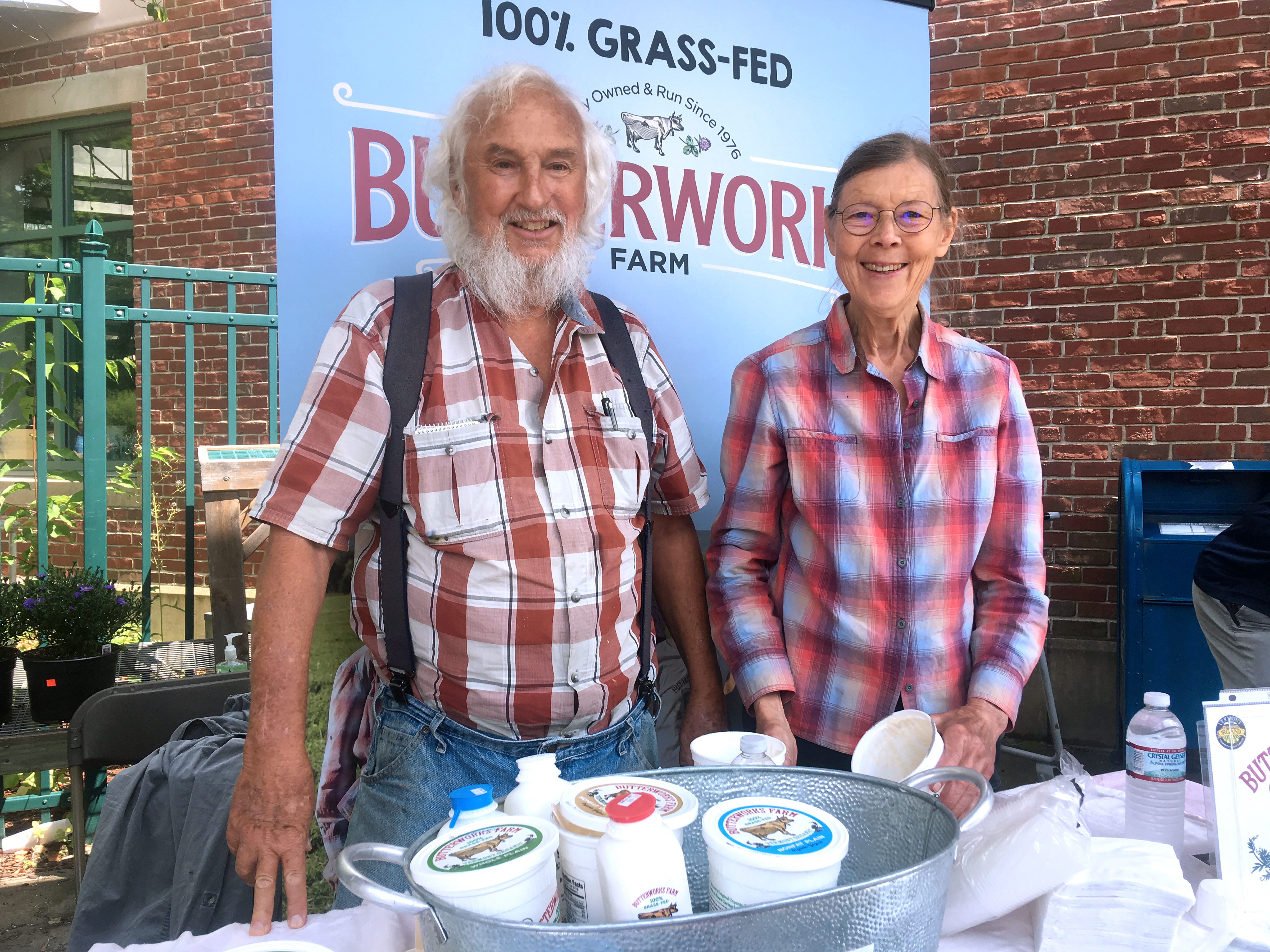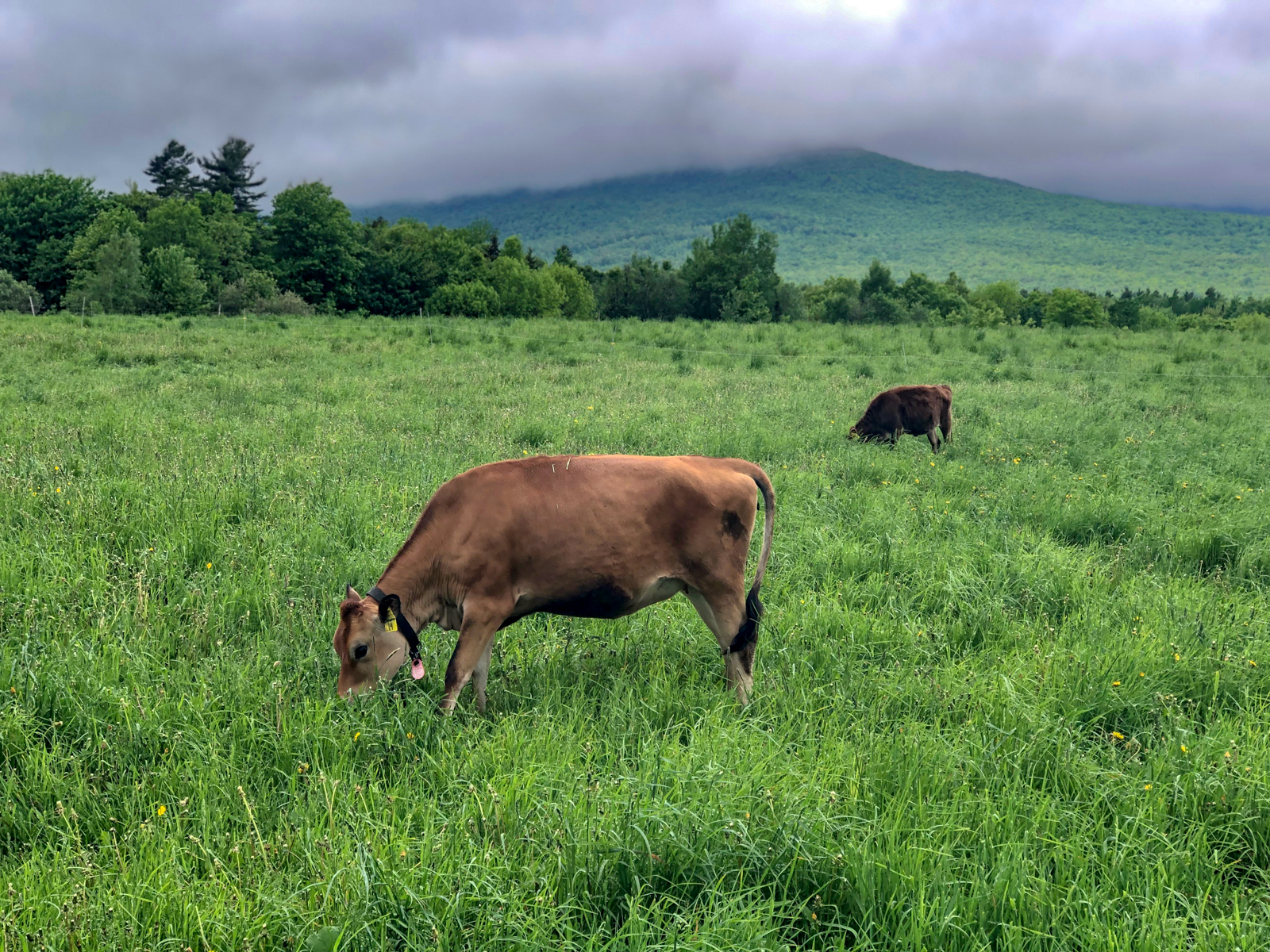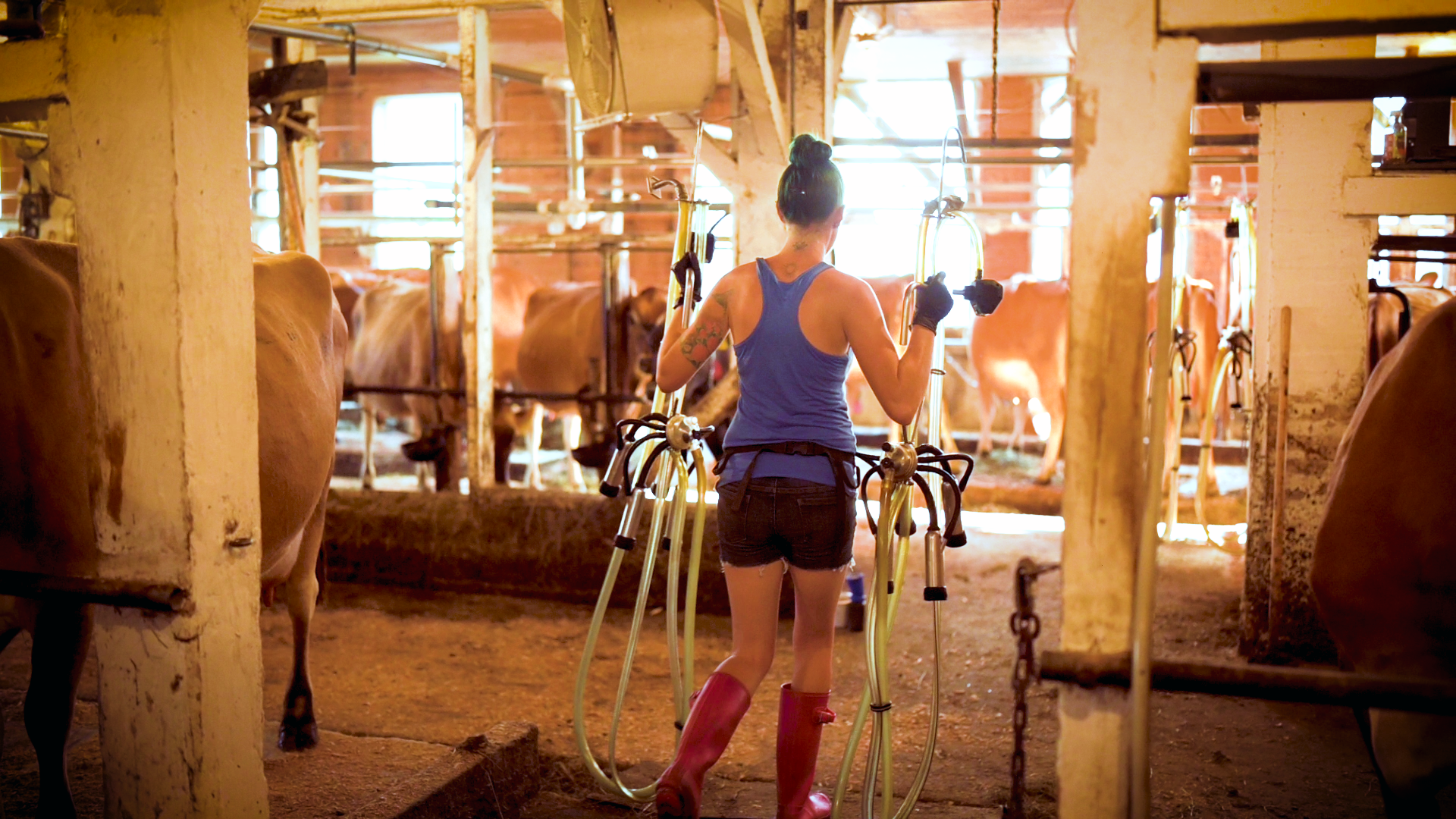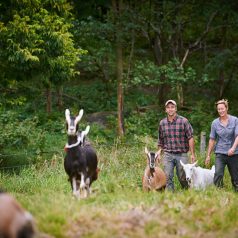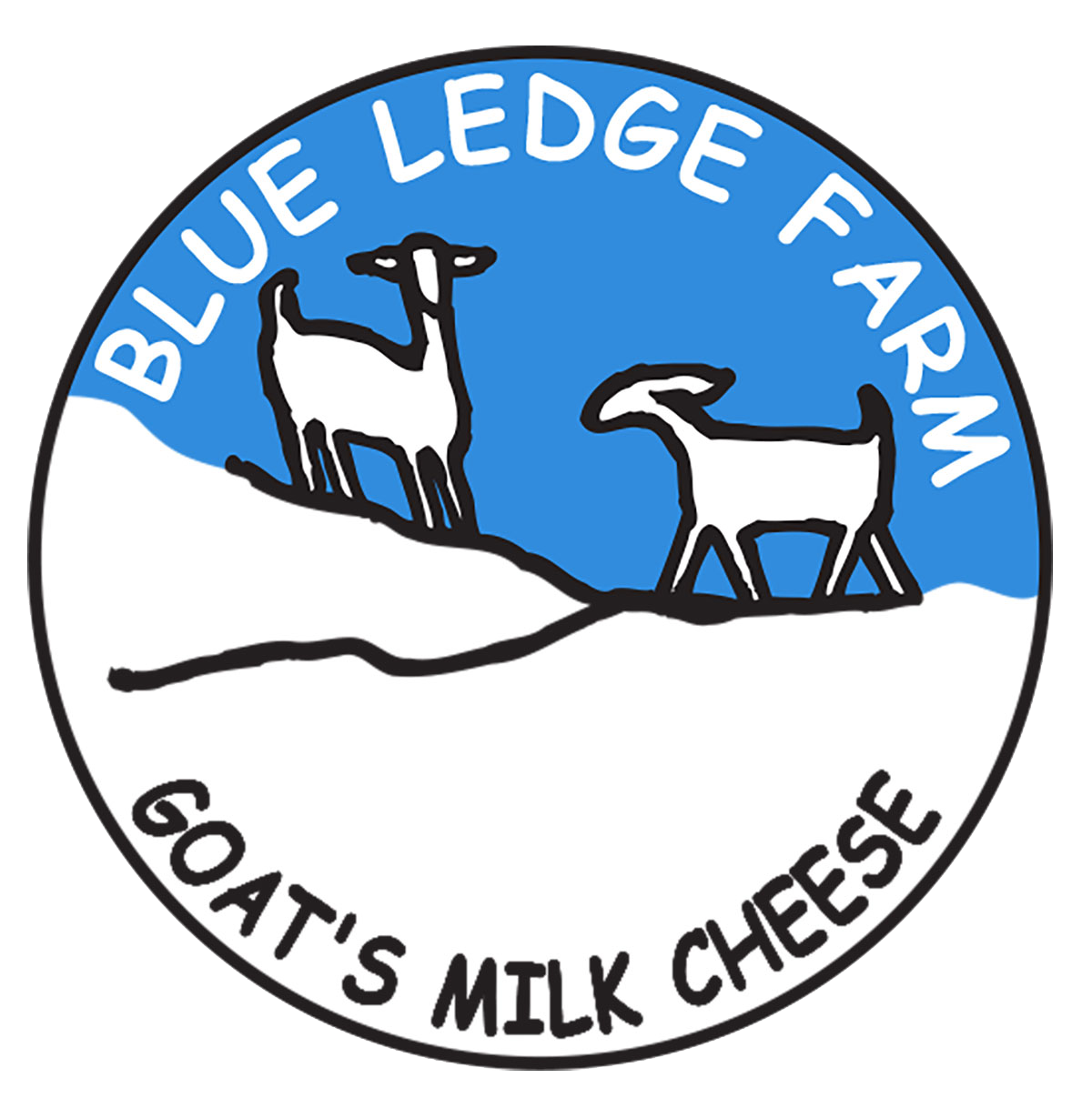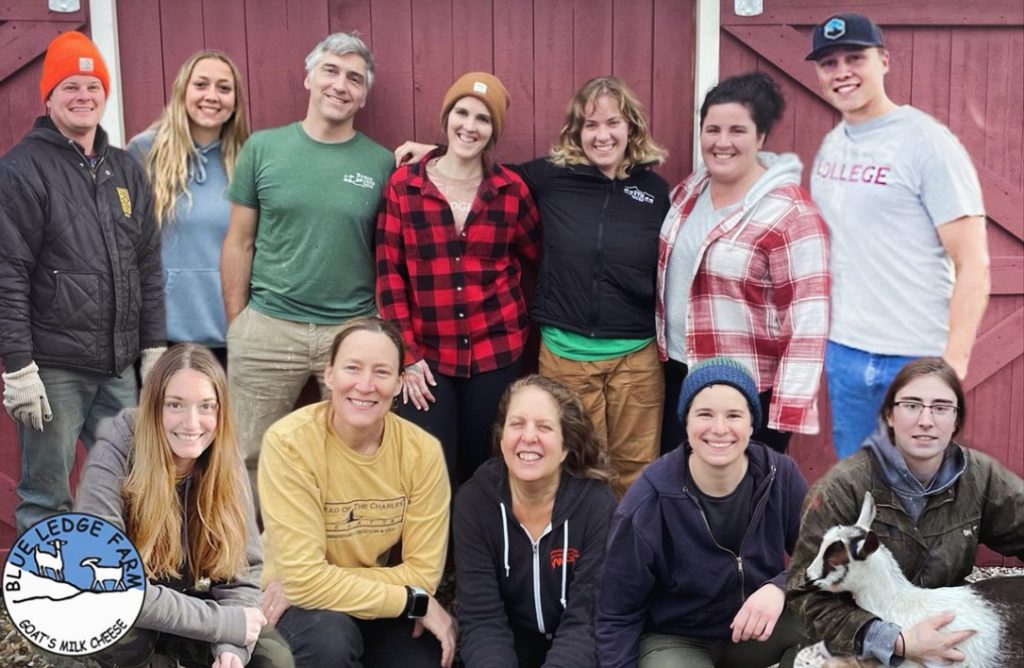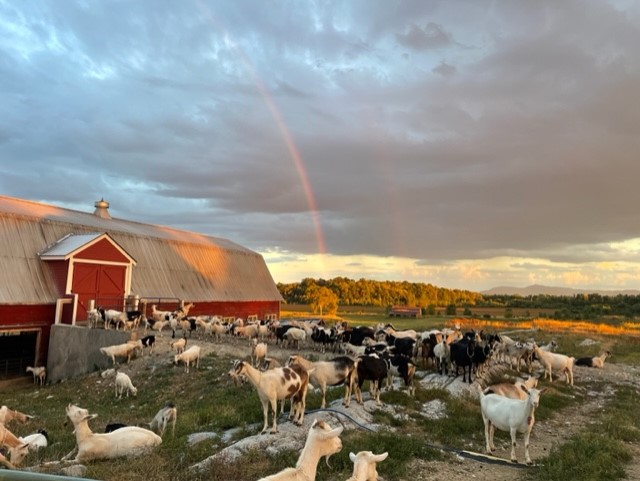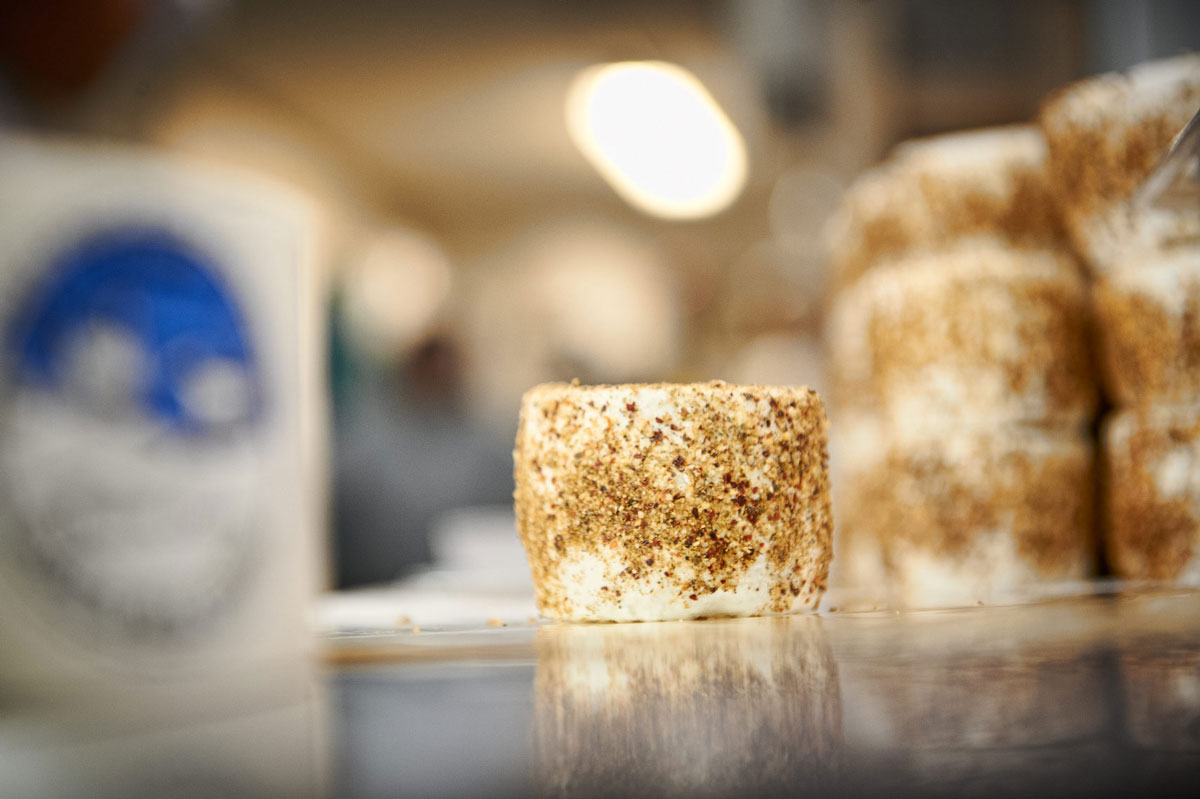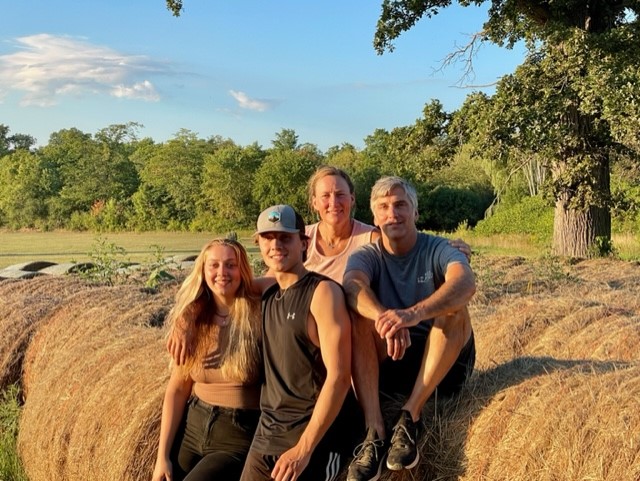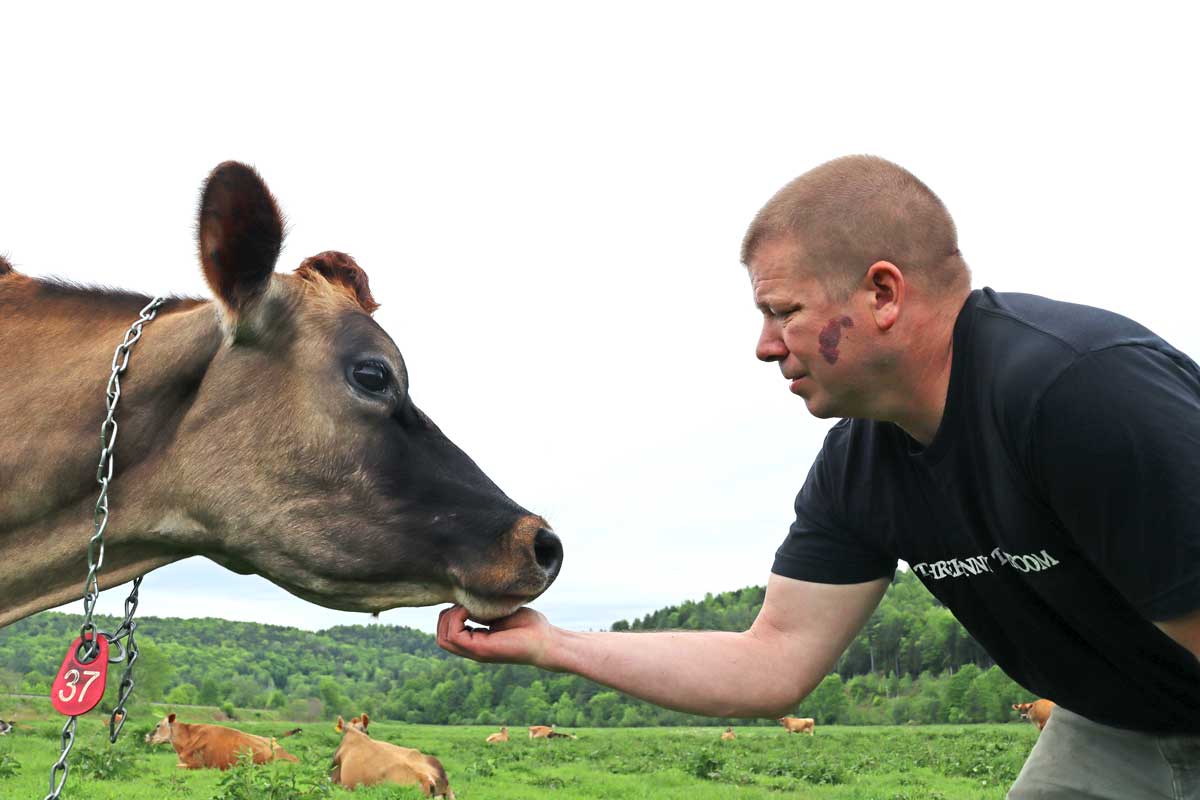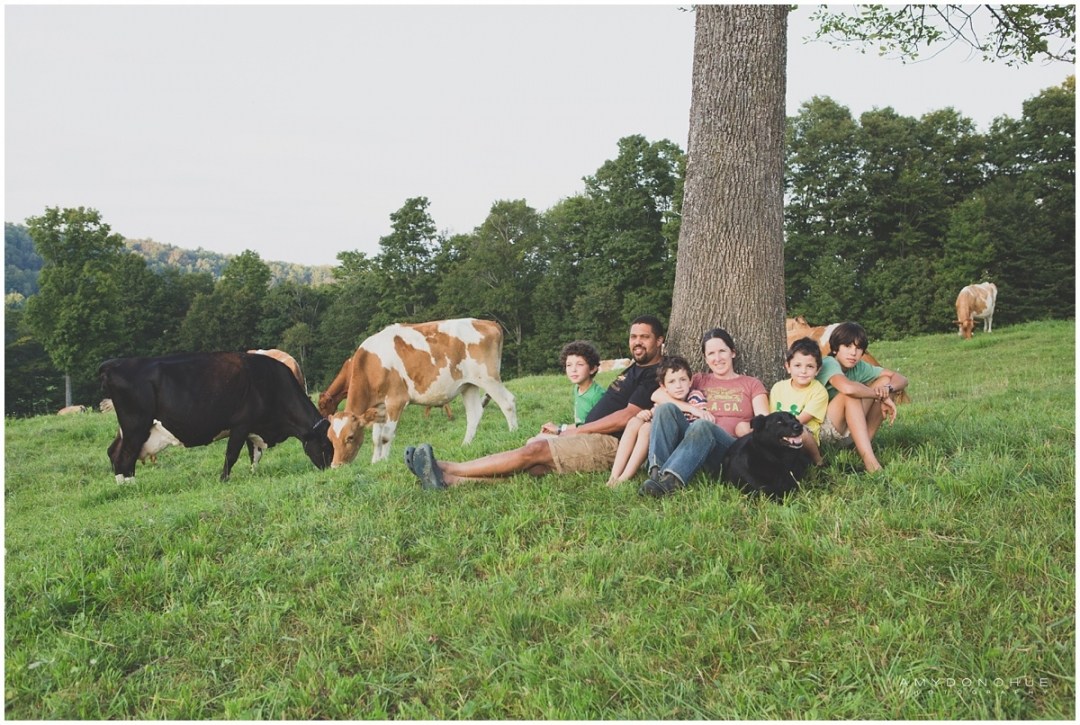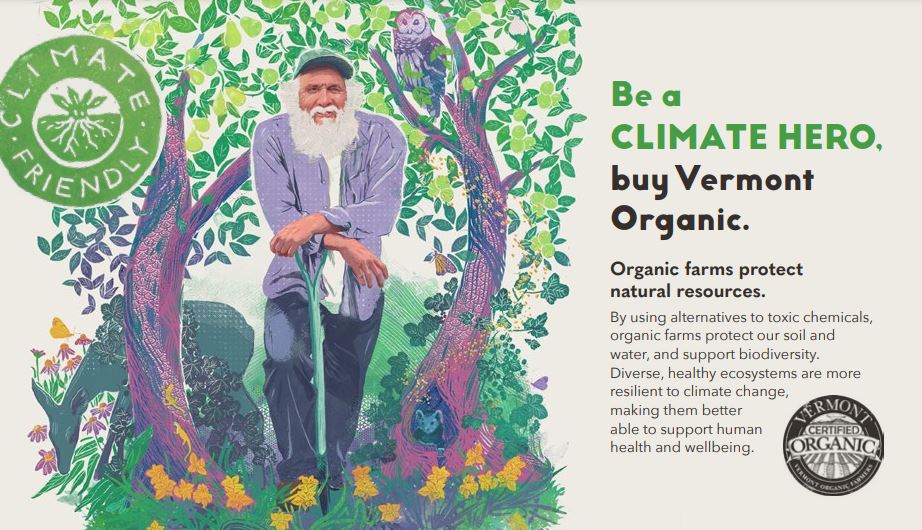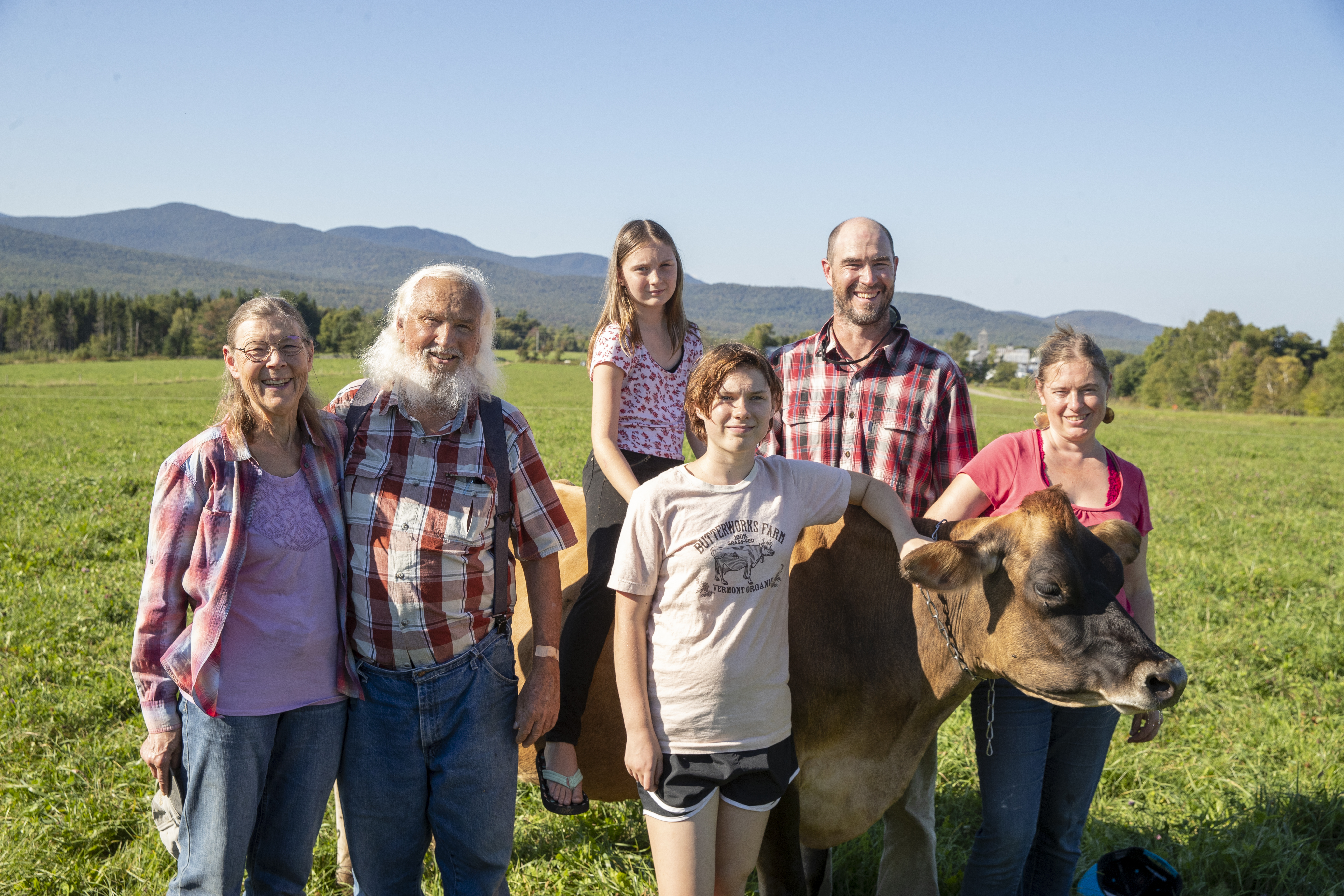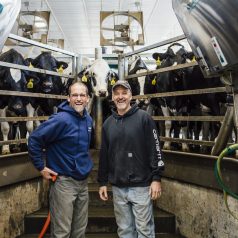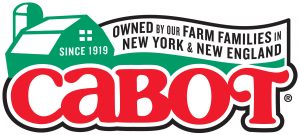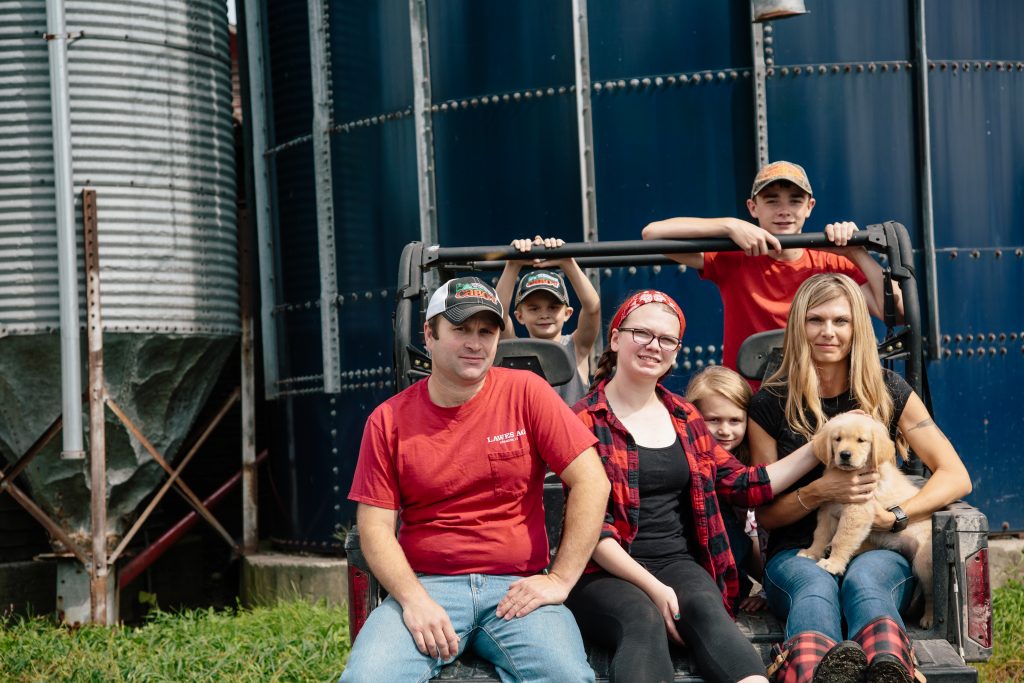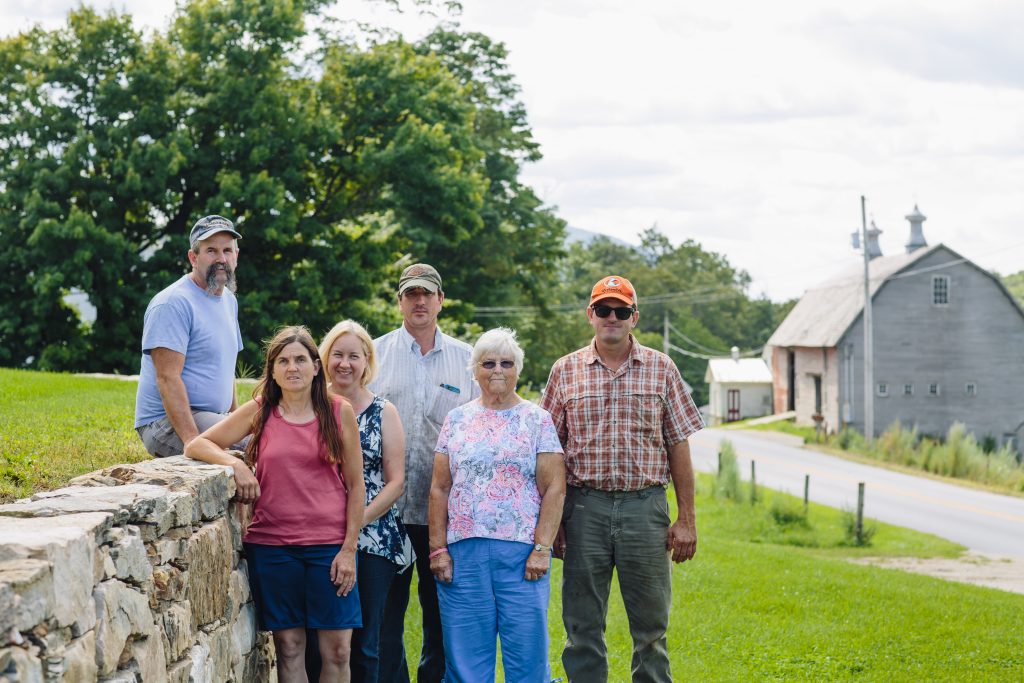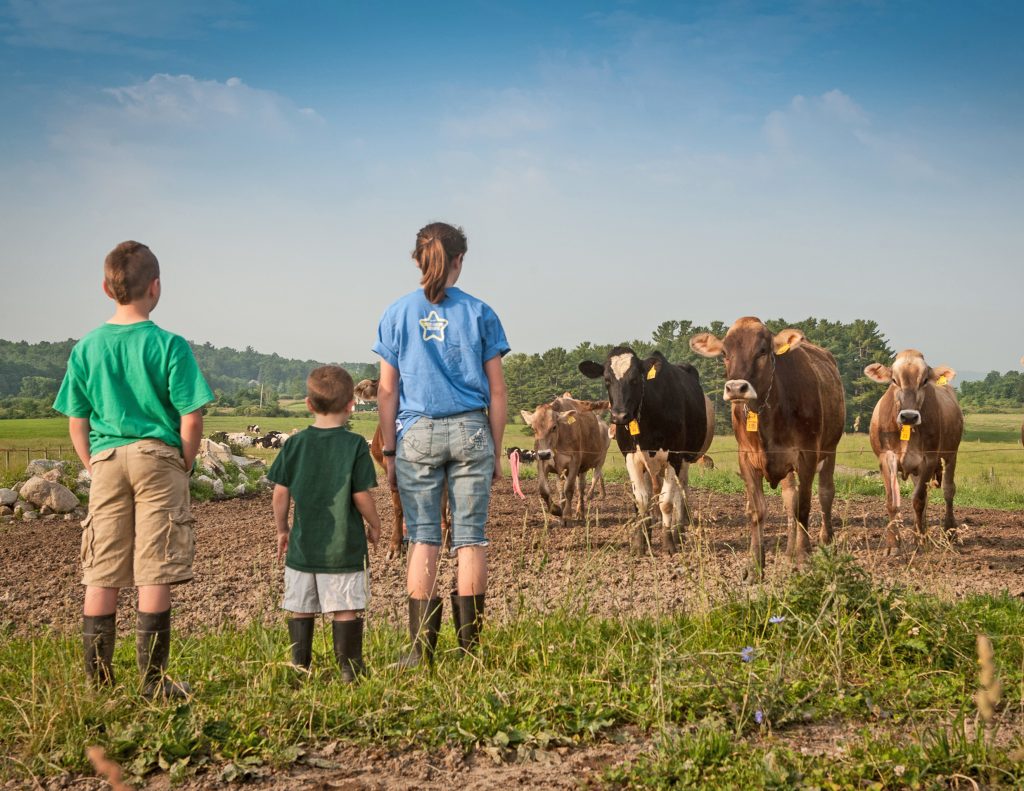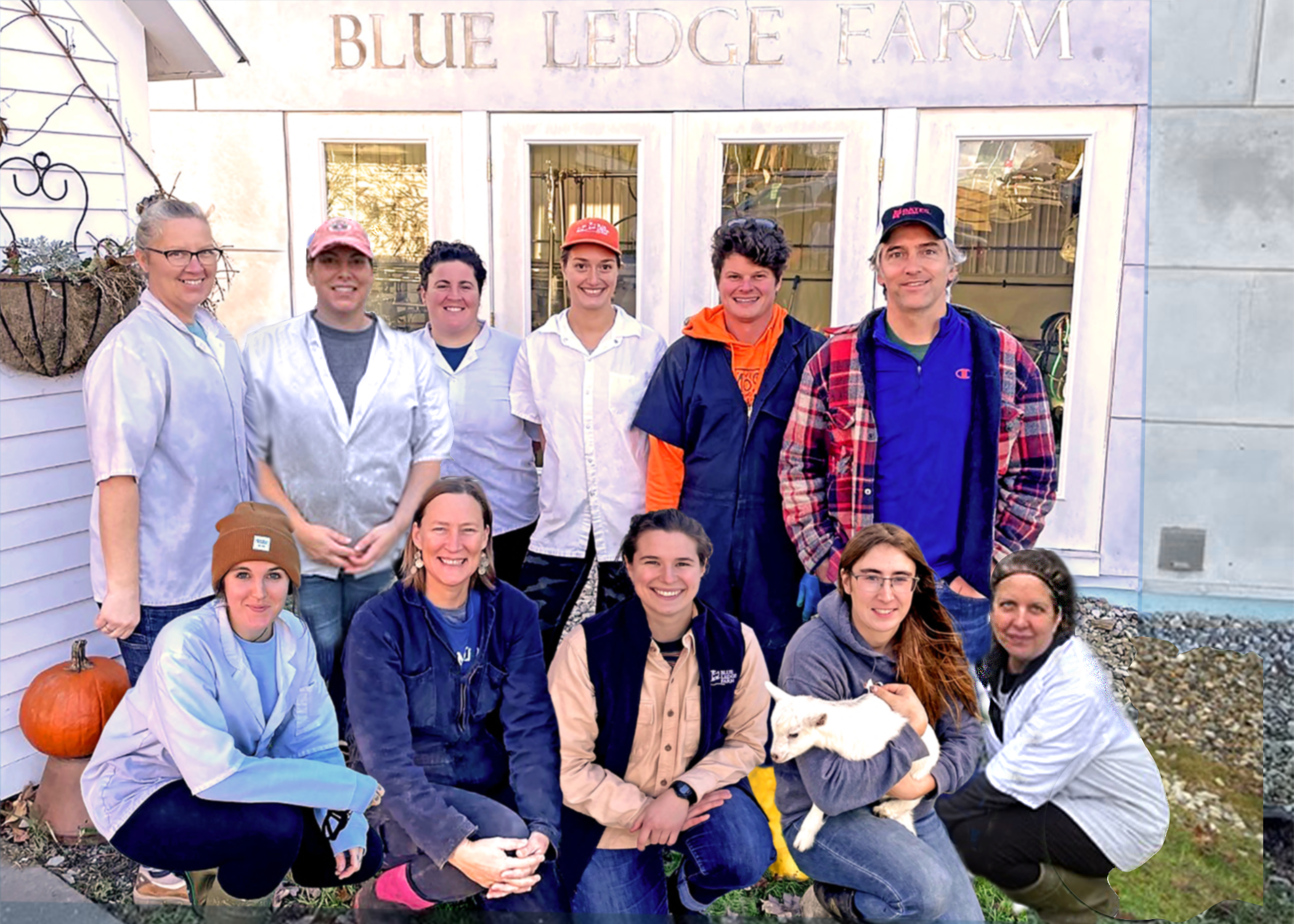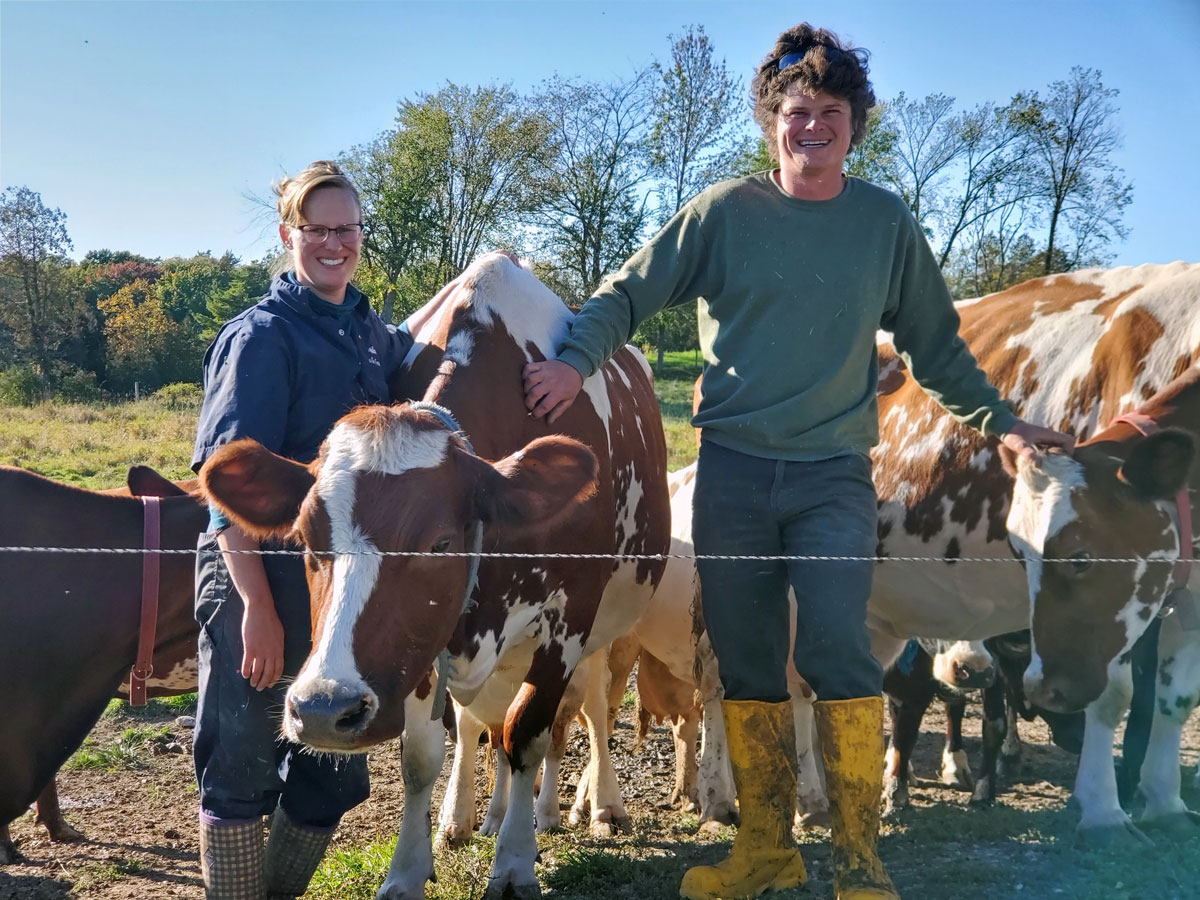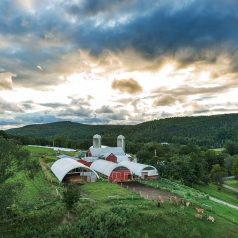
Spotlight on Stonyfield
We’re shining our Co-op Spotlight on Stonyfield this week to highlight their commitment to organic dairy, the family farmers that make it possible, and the Earth that sustains us. Member-owners can enjoy 20% off their full line of organic dairy products from July 30- August 5! Read on to learn more about Stonyfield’s history and mission and their commitment to Vermont organic dairy farmers:
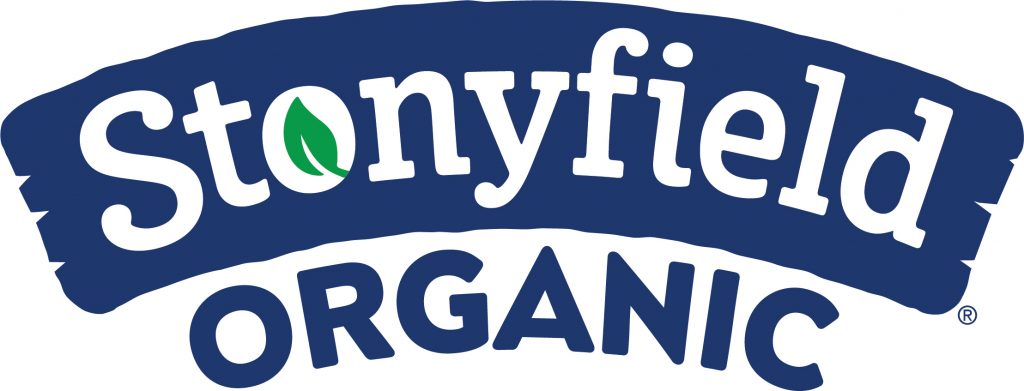
History:
While Stonyfield is best known for making yogurt, yogurt wasn’t the way the founders of Stonyfield thought they’d change the world. In 1983, Stonyfield co-founders Samuel Kaymen and Gary Hirshberg were simply trying to help family farms survive, protect the environment, and keep food and food production healthy through their nonprofit organic farming school.
Just to keep things running, the duo started putting their farm’s seven cows to work making yogurt. They knew they were making a healthy food grown with care; what they didn’t expect was how much people would love it.
People went crazy for the yogurt from Samuel and Gary’s little farm school, and the two knew they had found a way to make a real difference. With this yogurt business, the two organic farming teachers could show the whole world that a company could make healthy, delicious food without relying on toxic chemicals that harm the environment and public health.
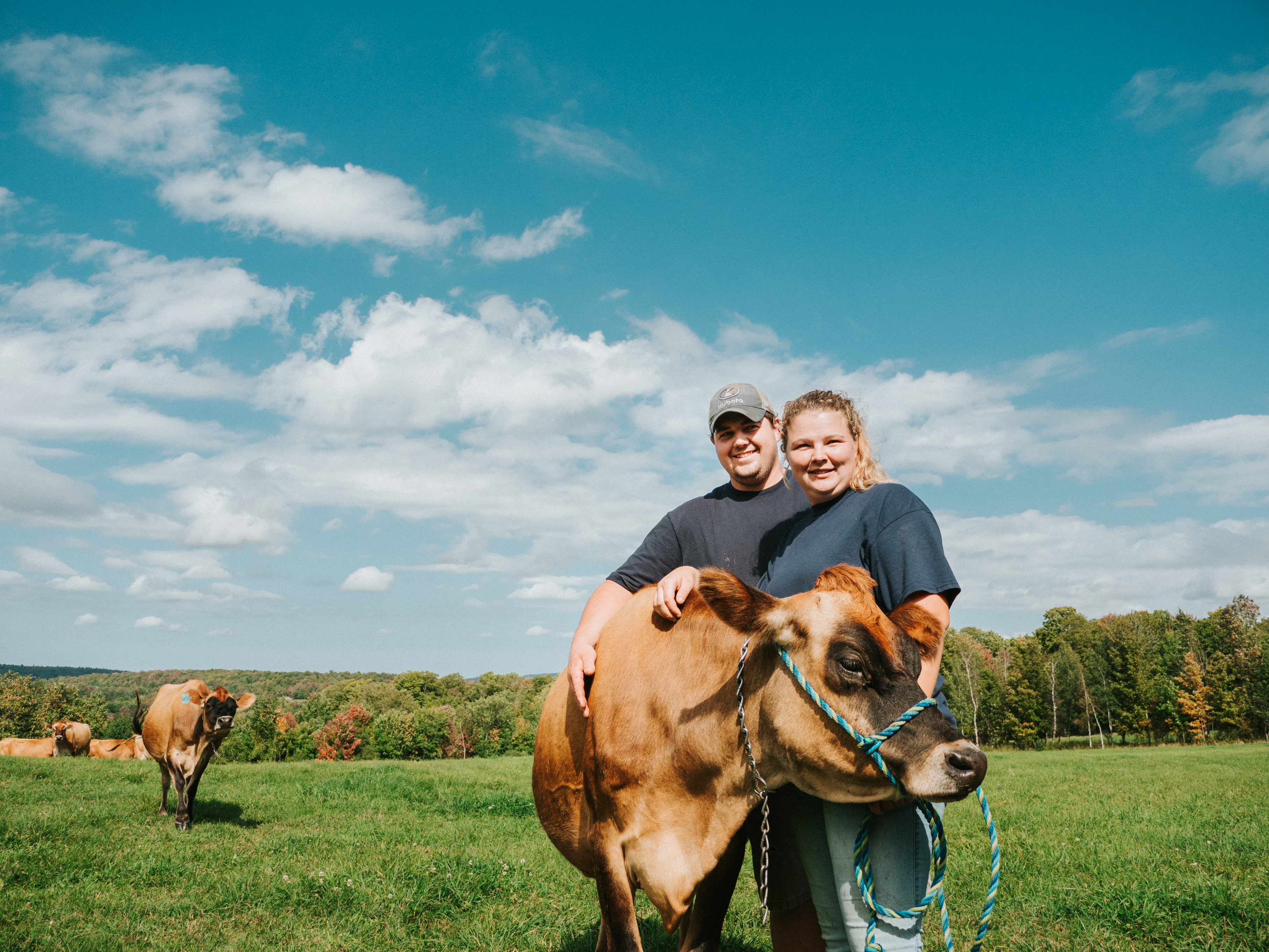
So, the two went all-in on yogurt and, over 30 years later, the folks at Stonyfield continue to honor the example their founders set. They’re still located in New Hampshire, just 30 miles east of the old farm. And now, their organic ingredient purchases support a huge network of food producers made up of hundreds of organic family farms, thousands of organic cows, and over 200,000 organic acres!
They‘ve also pioneered planet-friendly business practices—from offsetting emissions at their production facility to making yogurt cups from plants instead of petroleum to making their own renewable energy, and much more.
The thought and passion that started Stonyfield Organic in the first place have only grown stronger, and they’ve never stopped working for healthy food, healthy people, and a healthy planet.
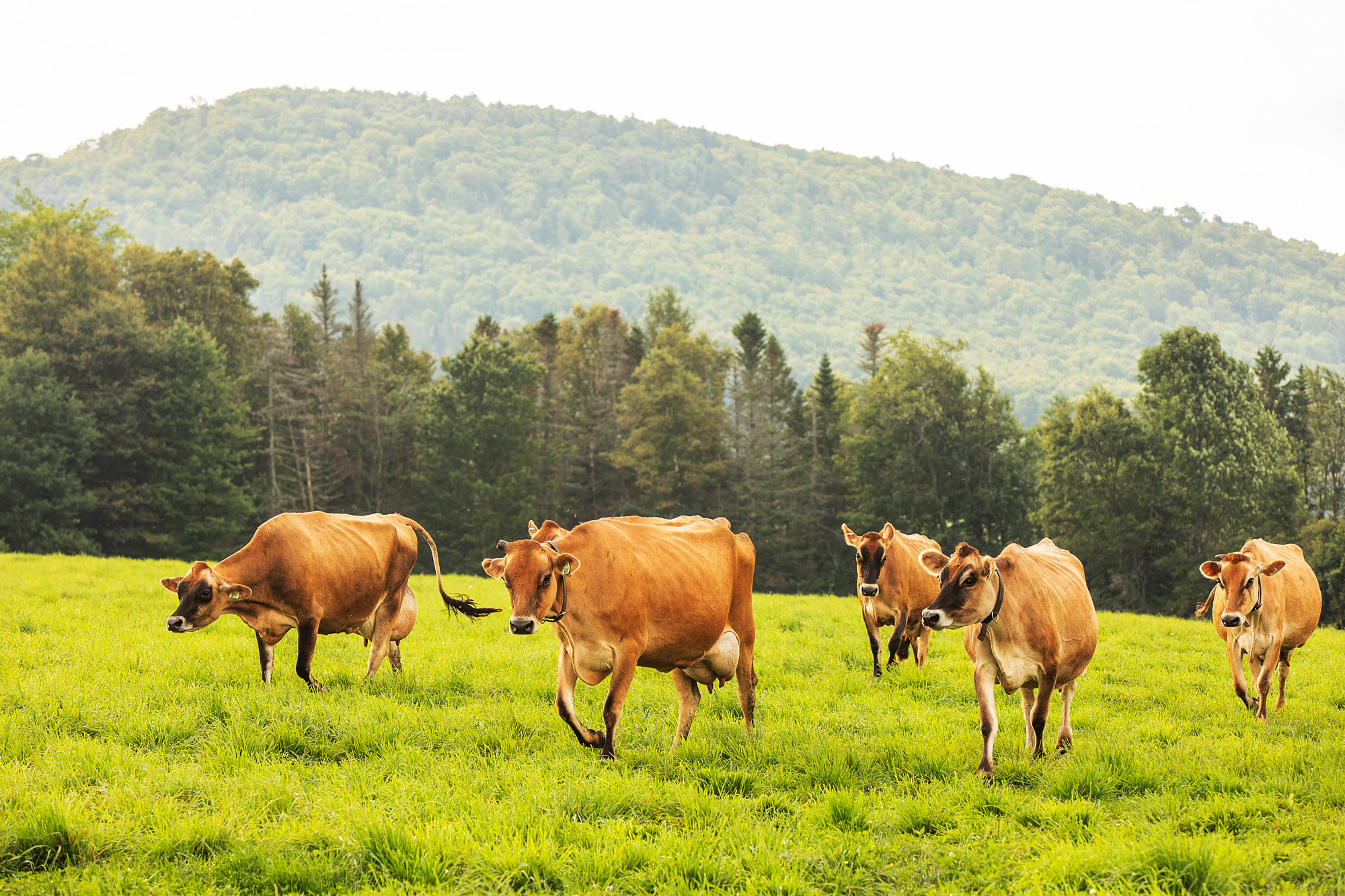
Commitment to Organic:
Stonyfield’s products are all 100% certified organic – made without the use of toxic persistent pesticides, artificial hormones, antibiotics, and GMOs. Eating organic isn’t just good for you and your family, it’s straight up good for other people and the planet. One of the main goals of organic farming practices is to avoid contamination of our precious soil, rivers, drinking water, and air with toxic persistent chemicals. This also means that organic farmers, farmworkers, and their neighbors aren’t exposed to potentially carcinogenic herbicides. Organic agriculture not only means less dependence on fossil fuels, but it can also actually help reduce climate change. It’s estimated that converting all of America’s cropland to organic would have the same carbon-reducing effect as taking 217 million cars off the road!
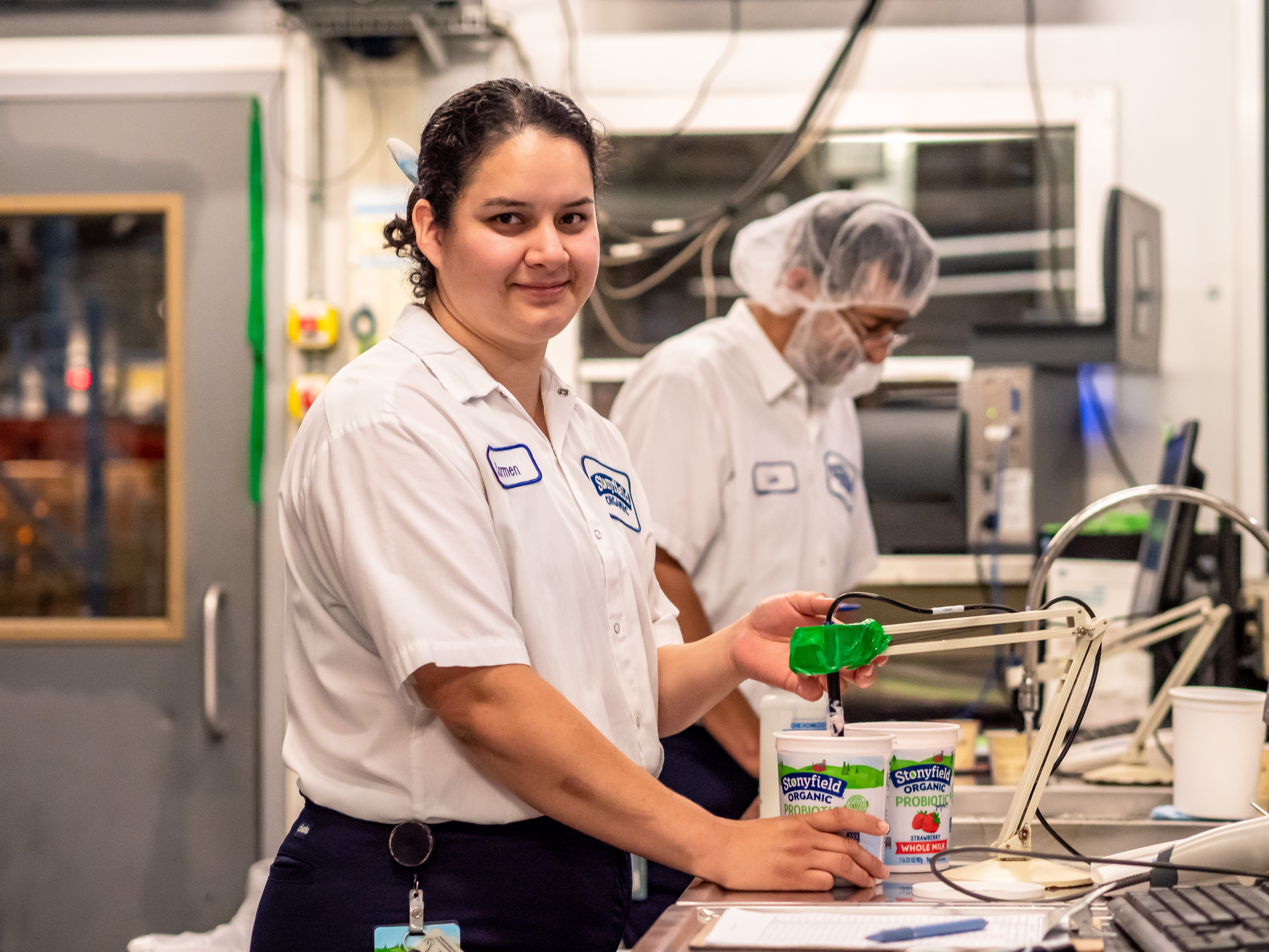
There is also compelling evidence to support the notion that organic dairy is more nutritious than its conventional counterpart. Why? Because it comes from cows that are actively grazing on grass, as nature intended. Organically raised cows spend their days outside on pasture so the milk they produce is significantly higher in Omega-3 fatty acids and CLA (conjugated linoleic acid), heart-healthy fats that can help lower bad cholesterol and increase good cholesterol. There is a lot to be learned and said about organic farming, and Stonyfield hopes you will join them in the journey towards healthier, more resilient food systems.
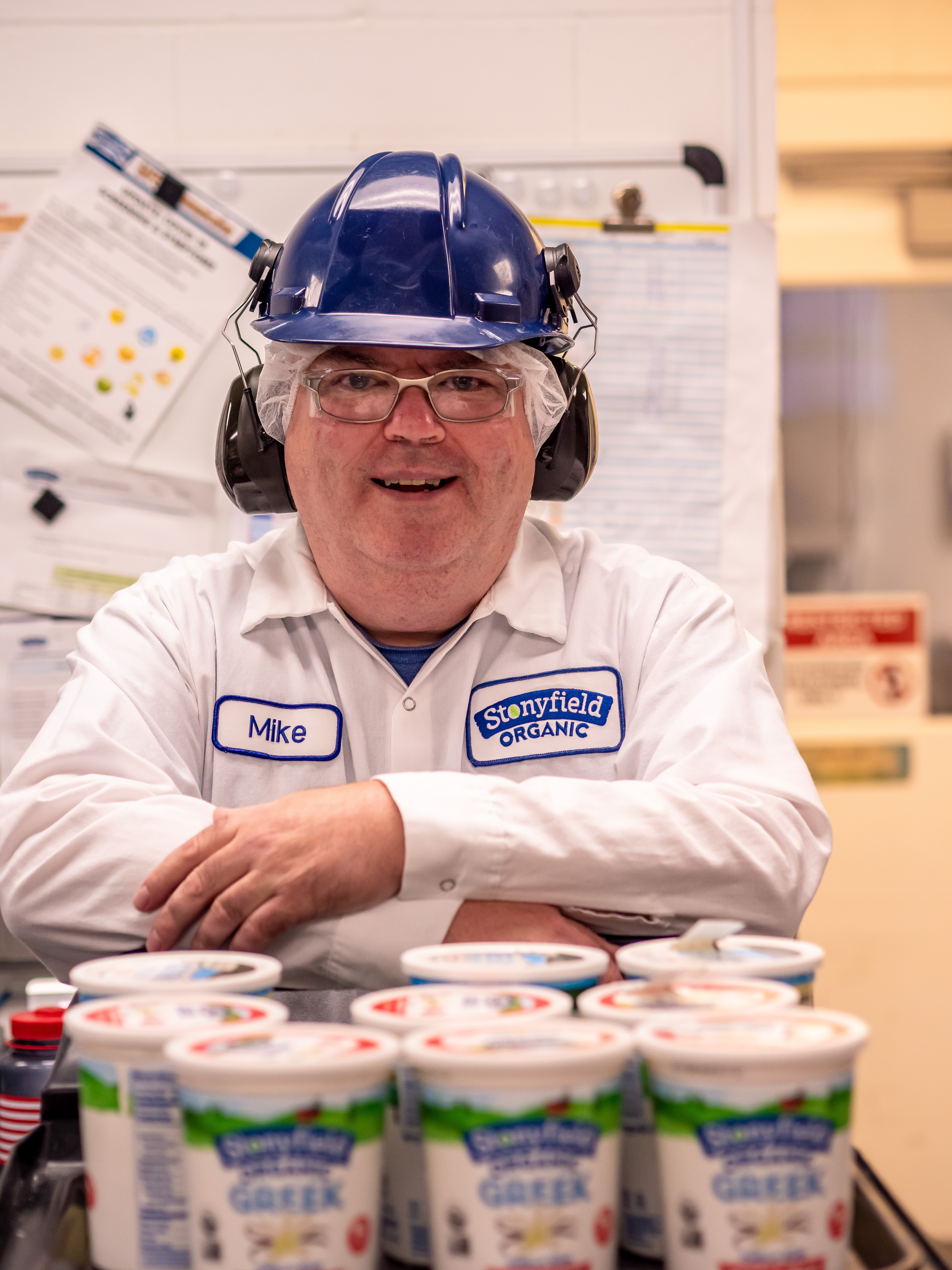
Saving our Region’s Organic Dairy Farms:
In the fall of 2021, Danone, the parent company of Horizon Organic, announced it would stop buying milk from 28 farms in Vermont and a total of 61 in Maine, New Hampshire, and New York. The deadline was originally set for August of 2022, but it was later extended to February 2023. Shortly thereafter, 46 organic family farms in eastern New York received similar notices from their processor Maple Hill Creamery. The 135 termination notices placed a large percentage of the region’s organic dairy farms in financial jeopardy and created an urgent wake-up call for our region. Unless we take swift action, our hard-working family farms – and the promise of a climate-positive, secure food system supported by their organic methods – will face dire consequences.
Stonyfield quickly sprang into action, launching an internal task force of senior company leaders to work alongside various state departments of agriculture, nonprofit organizations, retailers, and institutional food customers to find ways to keep more of these farms alive and in business. Stonyfield ultimately agreed to take on five of those contracts and was active in forming in the Northeast Organic Family Farm Partnership (NOFFP) to help increase commitments from both consumers and retailers to purchase locally-produced organic milk in an effort to maintain a viable market for these farmers. Organic Valley also stepped up in a big way, offering membership to 90 of the farms affected by the contract losses. Stonyfield accepts milk through Organic Valley and directly from farmers as part of its Direct Supply Program. The farmers dropped by Danone will be part of Stonyfield’s Direct Supply Program, and new farmers’ contracts will look the same as the company’s contracts with current farmers.
We are grateful to Stonyfield and others who have stepped up in such a big way to support our region’s organic dairy farms! We’re also grateful to consumers who are committed to supporting our region’s organic dairy farms. Our friends at NOFA-VT said it best: “by purchasing certified organic milk and dairy products, you’re supporting farmers who feed Vermonters, steward our land, and provide a massive cultural and economic value to Vermont’s rural communities.”
